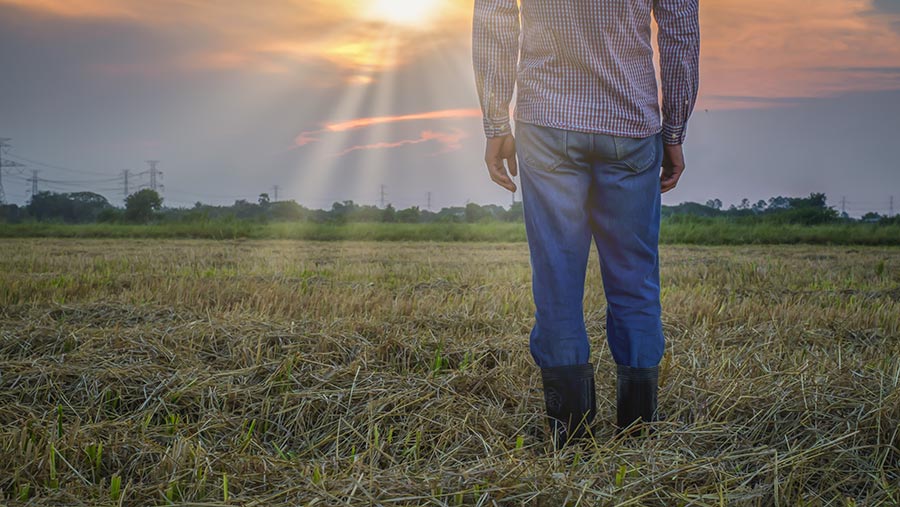MPs accuse government of complacency on rural mental health
 © Chalermchonchan/Adobe Stock
© Chalermchonchan/Adobe Stock A committee of MPs has accused the government of having a “worrying degree of complacency” on rural mental health issues.
The cross-party Environment, Food and Rural Affairs (Efra) select committee spoke out after the government rejected its calls for targeted action on the issue.
The Efra report, first published in May, found that farmers and rural workers faced particular stresses ranging from unpredictable weather and animal health crises, to changing government policies – all of which can affect their incomes and mental health.
See also: Mental health survey reveals factors affecting young farmers
MPs also expressed concern about the role of poor public transport provision and the lack of digital connectivity in negatively contributing to rural isolation and poor mental health.
But in its response to the report, the government rejected its key recommendations, namely to establish a national working group on suicide prevention specific to agricultural and veterinary professions, and for a joint Defra/Department of Health and Social Care (DHSC) rural mental health policy and delivery team to “rural-proof” health policy.
Efra committee chairman Robert Goodwill expressed disappointment with the government’s “rejection of measures to support the specific and identifiable mental health needs of those who live in rural areas”.
Sir Robert said: “This was an opportunity to make significant changes which could greatly affect our rural communities.
“With this response the government demonstrates a worrying degree of complacency on the issue and so will fail to confront the significant problem of improving rural mental health.”
Response
David Rose, a visiting fellow at the Royal Agricultural University and 2023 Fulbright professor, who has carried out extensive research on rural mental health, branded the government response “disappointing”.
Prof Rose said: “I feel the same as many of the charities; I perceive it as a dereliction of duty from government.
“They’ve essentially said ‘it’s okay, we’re doing enough’, when parliament has spent months gathering evidence from expert practitioners, charities, chaplains, from farmers themselves and researchers, all of which are telling them it isn’t enough.
“We do need a specific strategy for rural mental health. The government has ignored what the experts think, and it is a very disappointing response.”
